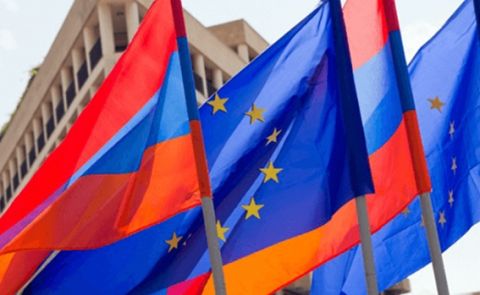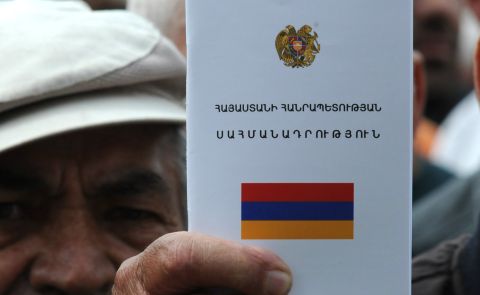
North Caucasus introduce compulsory vaccination

Almost all regions of southern Russia and the North Caucasus have adopted mandatory vaccination for select demographic groups in response to a substantial spike in morbidity and mortality from COVID-19.
On October 14 the department of Rospotrebnadzor in North Ossetia announced that civil servants and service sector workers, including trade, tourism, culture and housing and communal services, must be vaccinated.
In the Krasnodar Territory, on October 14 the list of categories subject to vaccination has been expanded. Now, in addition to workers in trade, public catering, health care, education, consumer services, tourism, and transport, it includes government and municipal employees, as well as students and college students over 18 years old.
On October 14, Rospotrebnadzor in Karachay-Cherkessia announced that vaccinations will now be required for people over 60, workers in transport and transport infrastructure, industrial enterprises, construction and design, agriculture and the processing industry. Vaccination for persons working in healthcare, education, tourism, social protection, trade, catering, beauty salons, consumer services, MFC, taxis, housing and community services, theatres, and cinema became necessary in August.
This list has also been expanded in the Rostov region. Previously, vaccinations were required for service workers, civil servants, students over 18 years of age, and individual entrepreneurs. A few days ago, it was supplemented by people providing hotel and tourism services, courier services and delivery, as well as industrial workers, and volunteers.
In Adygea this week, a decree was issued on the vaccination of civil servants, deputies, adult students, trade workers, public catering, health care, social protection, housing and communal services, tourism and entertainment.
In July of this year, compulsory vaccinations were introduced for many categories of the population in Kabardino-Balkaria. Employees in trade, catering, services, beauty salons, tanning salons and baths, fitness clubs and swimming pools, consumer services, client departments of financial organizations, post office, MFC, transportation, including taxis, education, health care, social protection, housing and communal services, energy, construction, agriculture, tourism, cults, theatres, cinemas, and delivery are all included on the list.
In July, Dagestan also announced a mandatory vaccination policy. This requirement applies to healthcare workers, education, trade, catering, beauty salons, public transport, fitness clubs and swimming pools, banks, post offices, MFC, housing and communal services, culture, children's institutions, government and municipal employees, students, and tradesmen.
In October, the deadline allotted in the Volgograd region for the vaccination of workers in the service sector, trade, education, health care and transport expired. Now unvaccinated employees can be removed from work.
Stavropol Territory, Kalmykia and Ingushetia have not yet introduced compulsory vaccination.
A special situation has developed in Chechnya, where, since October 11, it has been prohibited to visit several public places without documents confirming vaccination or a previous illness, or a recent PCR test.
As a result, a market for "fake vaccinations" and fake certificates has flourished in the region. According to the information of the human rights centre "Memorial" (included by the Russian authorities in the list of foreign agents; the organisation does not agree with this), there are almost more fake vaccinations in Chechnya than those vaccinated. Nevertheless, in early October, the Chechen Ministry of Health reported the implementation of the vaccination plan by 87%. In other words, according to these data, 44% of the total population of the republic received vaccinations.
See Also


Georgia Imports More Russian Natural Gas Than Azerbaijani Gas for the First Time in 18 Years

Irakli Kobakhidze Appointed Chair of Georgian Dream Party

Armenia Aligns Consumer Law with EU Standards in New Reform Bill

Armenia’s New Constitution Underway, Public Review Promised

